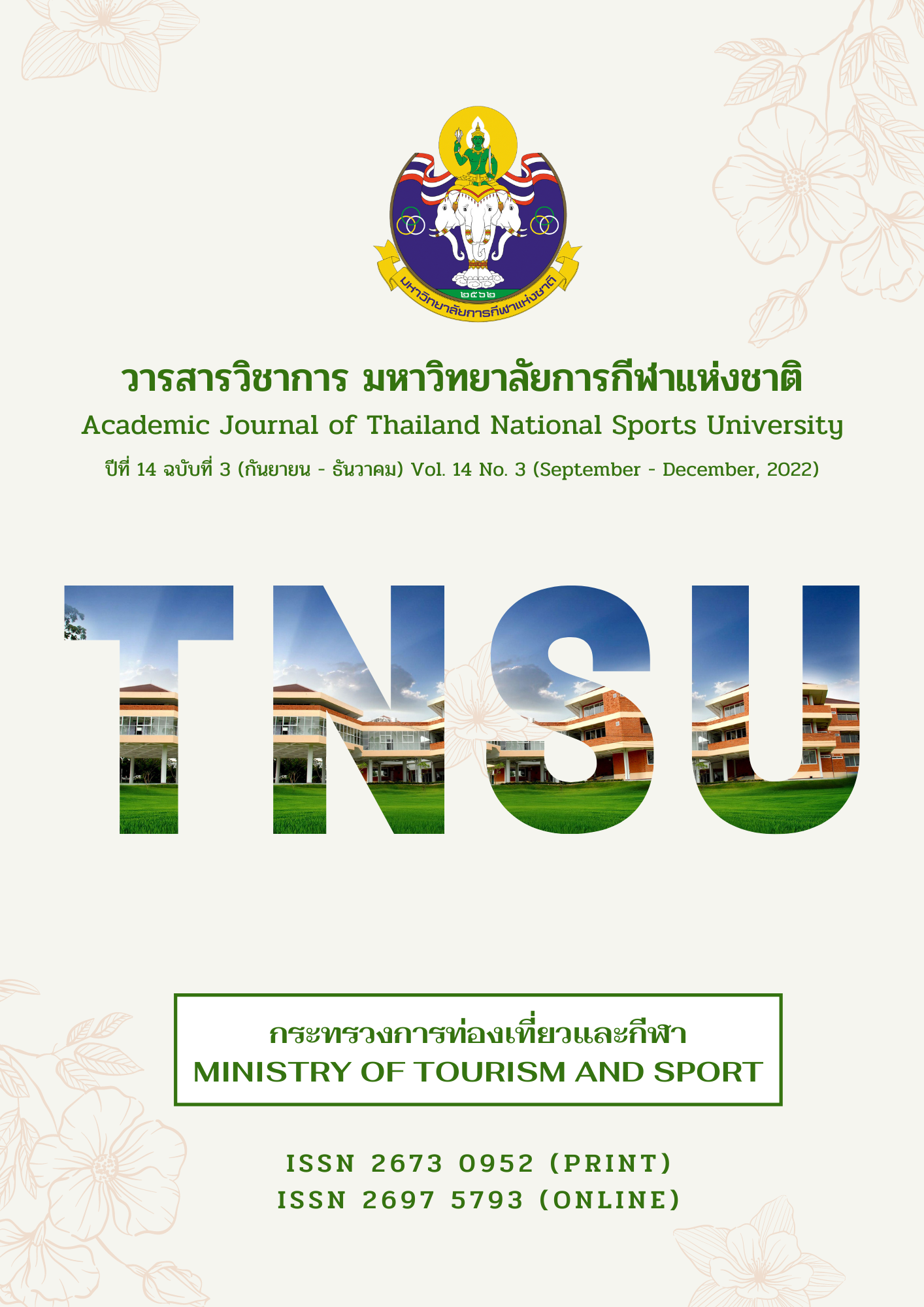THE DEVELOPMENT MODEL OF THE SECONDARY SCHOOL ADMINISTRATIVE ACCORDING TO THE EASTERN ECONOMIC CORRIDOR (EEC) STRATEGIC PLAN OF THE SANSUK SCHOOL UNDER THE SECONDARY SCHOOL EDUCATIONAL SERVICE AREA OFFICE 18
Main Article Content
Abstract
The purposes of this research were: 1) to studied and developed a model of secondary school administration according to the Eastern Economic Corridor (EEC) strategic plans, and 2) to evaluated the model implementation at Sansuk School under the Secondary School Educational Service Area Office 18. The research consisted of 4 steps as follows: 1) The studying a model of school administrative according to EEC strategic plans by document analysis and collecting empirical data on the schools’ best practices, 2) developing the model for the secondary schools administrative according to EEC strategic plans, confirmed by the Delphi Analytical Technique (3 rounds) with expertise from 17 professionals, 3) implementing the model at Sansuk School under the Secondary School Educational Service Area Office 18, by which is co-operative of the stakeholders and 4) the evaluating for the suitability and model satisfaction by the administrators, teachers and the school board, The data were collected by the interview form, the model suitability form, and the questionnaires. The results were as follows: 1).The model of the secondary school administration according to the EEC strategic plans included two dimensions: 1.1) the dimension of the quality administrative system which is co-operative of the stakeholders and 1.2) the dimension of the curriculum design and instruction by integrating learning plans. 2) The model confirmation with three rounds of the professionals’ comments through the Delphi Technique found that every dimension including participative TQA and curriculum and instructions had a median greater than 3.50, (IR < 1.50) and 3) The suitability and the model satisfaction evaluated for school implementation by the stakeholders were at a high level.
Article Details

This work is licensed under a Creative Commons Attribution-NonCommercial-NoDerivatives 4.0 International License.
The published article is a copyright of the Academic Journal of Thailand National Sports University. The passage appeared in each article in this academic journal is a perspective of each author which is not related to the journal. Each author is required to be responsible for all components of his/her own article. If there are any mistakes, each author must be responsible for those mistakes on his/her own.
References
Ampai Nongyao et al. (2016). Model of school administration for developing students’ learning skill in the 21st century. Journal of Community Development Research (Humanities and Social Sciences), 10(1).
Benjamaporn Yokken. (2015). A model of administration for sufficiency schools in Uttaradit Primary Education Service Area Office 2 (Master’s thesis), Uttaradit Rajabhat University.
Bureau of the Policy and Strategy, Office of the Permanent Secretary. (2018). The report on educational development in the eastern economic corridor fiscal year 2018. Ministry of Education.
Chutamas Phatthanasiri. (2017). Guidelines for school administration with the philosophy of sufficiency economy in Nakhon Sawan secondary schools under the Office of Secondary Educational Service Area 42 (Master’s thesis), Nakhon Sawan Rajabhat University.
Krejcie, R. V., & Morgan, D. W. (1970). Determining sample size for research activities. Educational and Psychological Measurement, 30(3), 607 - 610.
Laetz, V. B. (1993). Total quality management implementation: The effect of forces for change on organization development change tactics (Doctoral dissertation), Eastern Michigan University.
Linstone, H. A., & Turoff, M. (1975). Introduction in the delphi method: Techniques and applications. MA: Addison - Wesley Publishing.
Macmillan, T. T. (1971). The delphi technique. The annual meeting of the California Junior Colleges Associations Committee on Research and Development. Monterey: California.
Office of the Eastern Economic Corridor Policy Committee. (2018). The Eastern Economic Corridor Act 2018. Bangkok.
Office of the Educational Council. (2018). Thailand Educational Report 2018. Bangkok: Prikwan Graphic.
Office of the National Economic and Social Development Board. (2018). National Strategy 2108 - 2037. Bangkok.
Office of Secondary Education Administration. (2012). Handbook for quality system management, Office of Basic Education Commission, Ministry of Education. Agricultural Cooperative of Thailand Publishing House.
Rungruchadaporn Vehachart. (2005). The development of a total quality management model for basic education institutions (Doctoral dissertation), Burapha University.
Varo Pensawat. (2010). Model development research. SNRU Journal of Science and Technology, 2(4), 1 - 16. Retrieved from https://ph01.tci-thaijo.org/index.php/ snru_journal/article/view/10014


